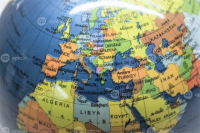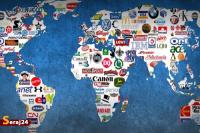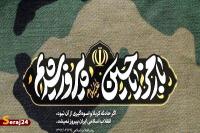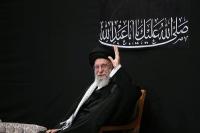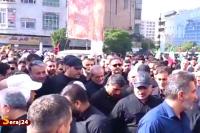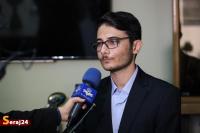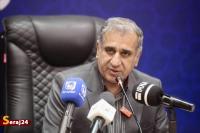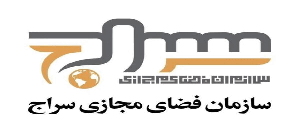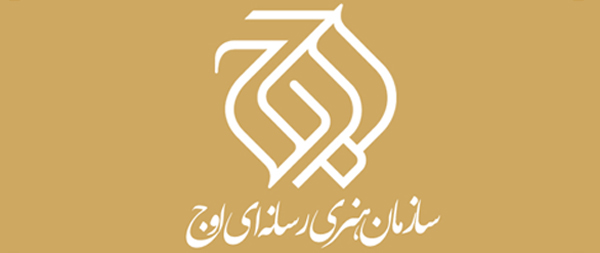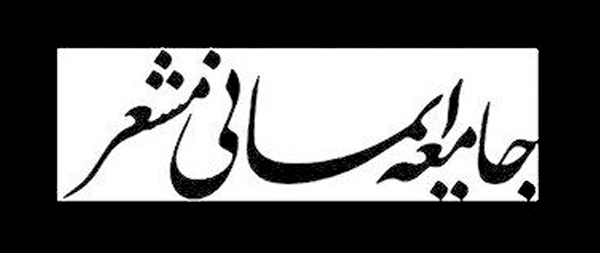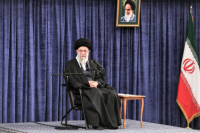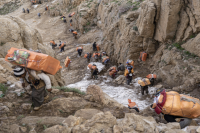The weapons began reaching rebels in December via shipments shuttled through Jordan, officials said, and have been a factor in the rebels' small tactical gains this winter against the army and militias loyal to Syrian President Bashar al-Assad, the New York Time reported.
Many of the weapons, which include a particular type of Yugoslav, made recoilless gun, as well as assault rifles, grenade launchers, machine guns, mortars and shoulder-fired rockets for use against tanks and other armored vehicles, have been extensively documented by one blogger, Eliot Higgins, who writes under the name Brown Moses and has mapped the new weapons' spread through the conflict.
He first noticed the Yugoslav weapons in early January in clashes in the Dara'a region near Jordan, but by February he was seeing them in videos posted by rebels fighting in the Hama, Idlib and Aleppo regions.
Officials familiar with the transfers said the arms were part of an undeclared surplus in Croatia remaining from the 1990s Balkan wars. One Western official said the shipments included "thousands of rifles and hundreds of machine guns" and an unknown quantity of ammunition.
Croatia's Foreign Ministry and arms-export agency denied that such shipments had occurred. Saudi officials have declined requests for interviews about the shipments for two weeks. Jordanian officials also declined to comment.
Igor Tabak, a Croatian military analyst, said that after a period when many countries in the former Yugoslavia sold weapons from the Balkan wars on black markets, Croatia, poised this year to join the European Union, now strictly adheres to international rules on arms transfers.
Both Ukrainian-made rifle cartridges that had been purchased by Saudi Arabia and Swiss-made hand grenades that had been provided to the United Arab Emirates were found by journalists to be in rebel possession.
Syria has been experiencing unrest since March 2011 with organized attacks by well-armed gangs against Syrian police forces and border guards being reported across the country.
The US and its western and regional allies have long sought to topple Assad and his ruling system. Media reports said that the Syrian rebels and terrorist groups have received significantly more and better weapons in recent weeks, a crime paid for by the Persian Gulf Arab states and coordinated by the United States.
The US daily, Washington Post, reported in May that the Syrian rebels and terrorist groups battling the President Bashar al-Assad's government have received significantly more and better weapons in recent weeks, a crime paid for by the Persian Gulf Arab states and coordinated by the United States.
The newspaper, quoting opposition activists and US and foreign officials, reported that Obama administration officials emphasized the administration has expanded contacts with opposition military forces to provide the Persian Gulf nations with assessments of rebel credibility and command-and-control infrastructure.
Opposition activists who several months ago said the rebels were running out of ammunition said in May that the flow of weapons - most bought on the black market in neighboring countries or from elements of the Syrian military in the past - has significantly increased after a decision by Saudi Arabia, Qatar and other Persian Gulf states to provide millions of dollars in funding each month.
Early in January, President Assad called for a reconciliation conference with "those who have not betrayed Syria", to be followed by the formation of a new government and an amnesty.
"The first stage of a political solution would require that regional powers stop funding and arming (the opposition), an end to terrorist operations and controlling the borders," he said.
"We will not have dialogue with a puppet made by the West," he said.




